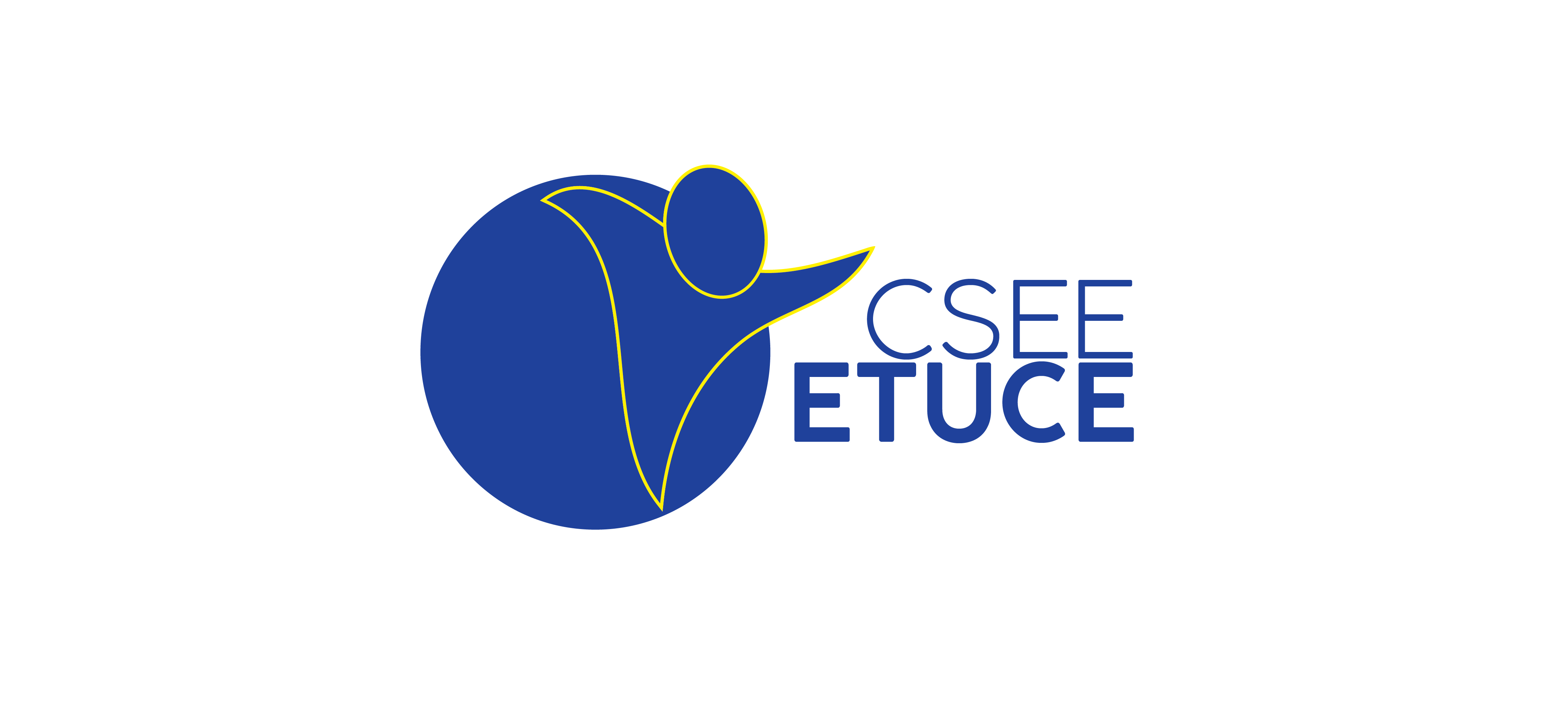ETUCE 10 Key Messages

What is needed to improve the Quality of Education in Europe?
Adopted by the ETUCE Committee on 23-24 October 2013
1. Quality education – a basic human right and a public good
Quality education is a basic human right and a public good, and as such the governments in Europe are accountable and responsible for it. Article 26 of the Universal Declaration of Human Rights, states that "Everyone has the right to education," all levels of education, including early childhood, primary, lower and upper secondary education, vocational education and training, special needs education, higher and adult education. ETUCE's vision of quality education for all pupils, students and adults in the European region, is not only defined in terms of learning outcomes, but also in terms of the full development of the individual and his/her contribution to a democratic society. The optimal allocation of resources as an investment into Europe's future is in the interest of the economy and society in Europe and therefore it is important to give high quality education to every child, regardless of the parents' wealth or background.
2. The European teacher unions' vision of quality education
With a view to promote the European teacher unions' vision of quality education and to support high quality education for all as one of the fundamental pillars of a just and democratic society, the ETUCE member organisations call for universal and free access to qualified teachers, modern teaching tools and resources and supportive and safe environments for teaching and learning that are gender sensitive and completely free of discrimination.
3. Access to quality education for all
Aiming at raising public awareness that access to quality public education is fundamental for every citizen the ETUCE member organisations confirm their support for the EI initiative Unite for Quality Education to engage in united action for quality education as well as quality initial teacher training and continuous professional development.
4. Financing public education
In the context of the current austerity policies implemented by some governments that were partly triggered by the economic crisis and imposed by the Troika, , the ETUCE member organisations reject theeffects of those policies that are determined by political ideologies and are hostile to public provision of education. The ETUCE member organisations condemn the increasing privatisation of potentially profitable education services by free enterprise interests which jeopardize public provision for education. ETUCE and its member organisations therefore call for a public education that is free of charge.
5. Equal opportunity and social mobility
Quality education should be provided equitably on a not-for-profit basis. Governments have the responsibility to ensure adequate resources for universally accessible education through fair and progressive taxation. The importance of global tax justice is not limited to strengthening public education budgets; it is also necessary for greater equality of opportunity and social mobility.
6. Quality teacher training
Affirming the vital role of teachers and unions in quality education, the ETUCE member organisations reinforce the commitment of teachers and their unions to take the lead in fighting for access and quality for all students and reclaiming education for the public benefit. Teachers are the most important educational professional resource for students and a critical determinant of educational quality; therefore their contributions and status need to be recognised adequately. Teachers must be treated as respected professionals and given the high quality initial education and continuous professional development that they need.
7. Attractiveness of the teaching profession
Ensuring highly qualified and motivated teaching staff is key to building quality within education systems. Consequently, ETUCE and its member organisations advocate for the recognition and protection of teachers' rights, recognising their professional perspective in governance and the need for fair working conditions and adequate wages, benefits and fair pensions, for both women and men, access to training and continuous professional development, appropriate teaching and learning resources and healthy and safe working environments. These are the pre-requisites that will help to make the teaching profession more attractive and encourage more people to take up a teaching career.
8. Teacher unions and social dialogue instruments
Recognising social dialogue as a driving force for successful economic and social reform, the ETUCE member organisations emphasise the potential of trade unions to raise awareness of the consequences of economic and social change in social systems, education and labour markets. Teacher unions play a key role in reasserting the necessary conditions that will stimulate job creation, notably by facilitating economic recovery and labour market and social inclusion. It is therefore of utmost importance that governments and employers ensure a labour market environment for teacher unions to operate freely and independently.
9. Involvement of teacher unions in decisions regarding directly and indirectly the education sector
Involving teacher unions in the elaboration and implementation of policies affecting directly or indirectly education is essential with the view of taking into account their position. Hence, the ETUCE member organisations request that social partner consultations at national, regional and education institutional level should be timely, meaningful and systematic, allowing the necessary analysis and proposals and fitting within decision making processes. It is of particular importance to foster social dialogue at local level that involves both teachers and school leadership.
10. Coherent social partner consultation that aims at economic and social progress
Calling for a coherent and respectful process of consultation of national and/or European social partners by governments at national level, and with the Commission, Council and Parliament at European level, the ETUCE member organisations request that the social dimension of the European Monetary Union should contribute to economic and social progress in the EU. Acknowledging the importance of education as a priority lever for progress, policies should therefore be designed to be conducive to economic and social progress.